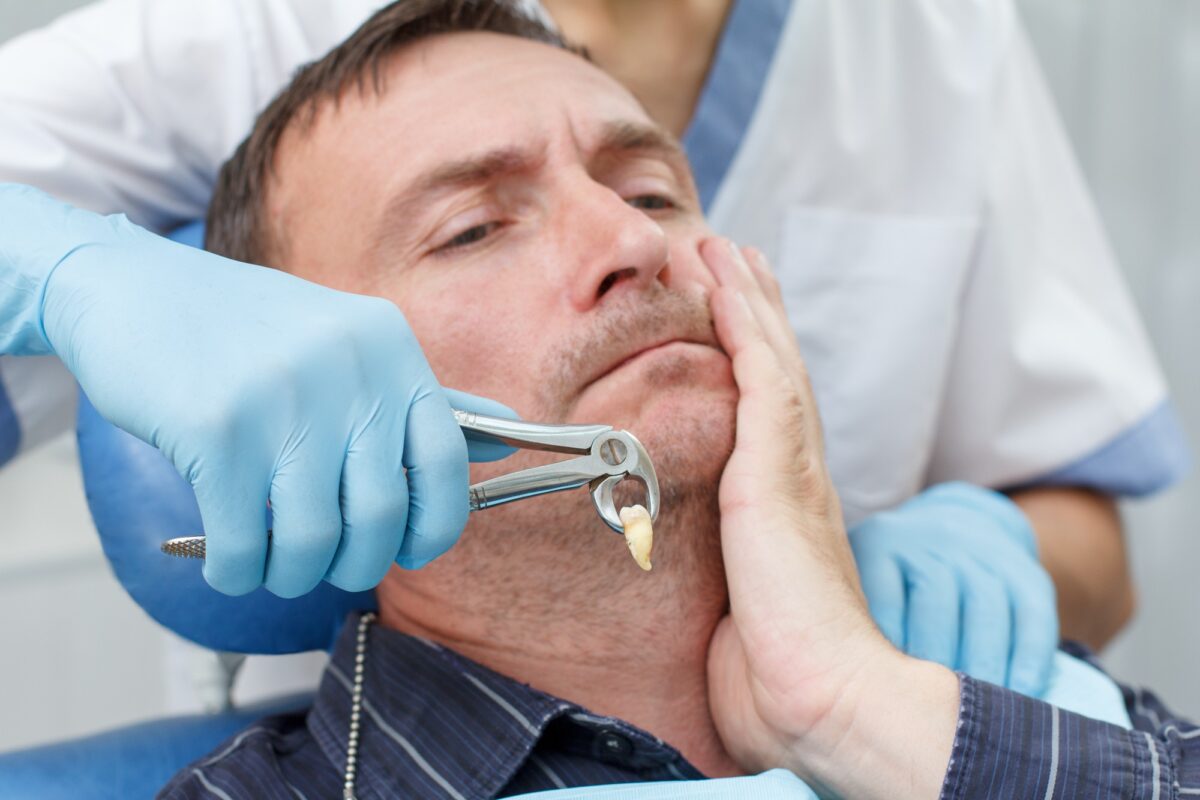Wisdom teeth removal is a common dental procedure, but the thought of it often makes people nervous. If you’re preparing for this surgery, you might be wondering: Will it hurt? Understanding the process and recovery can ease your concerns. Here’s what you can expect before, during, and after the procedure.
Why Do Wisdom Teeth Need to Be Removed?
Wisdom teeth, also known as third molars, are the last set of teeth to develop, usually in your late teens or early twenties. While some people experience no issues, many need these teeth removed due to:
- Impaction: Teeth that don’t fully erupt can cause pain and infection.
- Crowding: Wisdom teeth can push against others, leading to misalignment.
- Decay: Their location makes them hard to clean, increasing the risk of cavities.
- Cysts or Gum Issues: Wisdom teeth can sometimes lead to cysts or gum disease.
The Procedure: What Happens During Surgery?
Wisdom teeth removal is performed by a dentist or oral surgeon, often under local anesthesia, sedation, or general anesthesia, depending on your needs.
What You’ll Experience:
- Numbing: The dentist administers anesthesia to ensure you feel no pain during the procedure.
- Extraction: The surgeon may cut the gum tissue and remove bone to access the teeth. Sometimes, the teeth are divided into sections for easier removal.
- Closure: Stitches may be used to help the gums heal after extraction.
The entire process typically lasts about 30–60 minutes.
Does Wisdom Teeth Removal Hurt?
During the procedure, you won’t feel pain due to anesthesia. However, it’s normal to feel some pressure or movement as the dentist works.
After the Procedure:
- Day 1-3: You may experience swelling, mild discomfort, or soreness. Pain is usually manageable with prescribed or over-the-counter pain relievers.
- Day 4-7: Swelling begins to subside, and pain should lessen significantly.
- After One Week: Most people feel comfortable resuming normal activities, though healing continues internally.
Tips for a Smooth Recovery
Proper aftercare is essential to minimize pain and promote healing:
- Follow Medication Instructions: Take painkillers and antibiotics as directed by your dentist.
- Use Ice Packs: Apply ice packs to reduce swelling during the first 24 hours.
- Stick to Soft Foods: Eat yogurt, soups, mashed potatoes, and smoothies. Avoid hot or spicy foods that may irritate the area.
- Avoid Straws and Smoking: These can dislodge blood clots, leading to a painful condition called dry socket.
- Practice Gentle Oral Hygiene: Brush carefully around the extraction site and rinse with warm salt water after the first 24 hours.
When to Call Your Dentist
While mild discomfort and swelling are normal, you should contact your dentist if you experience:
- Severe pain that doesn’t improve after a few days.
- Excessive bleeding or signs of infection (e.g., fever, pus).
- A foul taste or odor in your mouth.
- Numbness that persists beyond 24 hours.
Is Wisdom Teeth Removal Worth It?
Though it may seem daunting, wisdom teeth removal is often necessary to prevent long-term dental issues. The procedure is safe, and with proper aftercare, most people recover quickly.
Final Thoughts
Wisdom teeth removal is not as scary or painful as it might seem. Modern dental techniques and pain management ensure the process is as comfortable as possible. If you have concerns, discuss them with your dentist—they can help you prepare and ease your worries.
A healthier smile often starts with taking care of wisdom teeth issues. With the right approach, you can recover smoothly and confidently.







